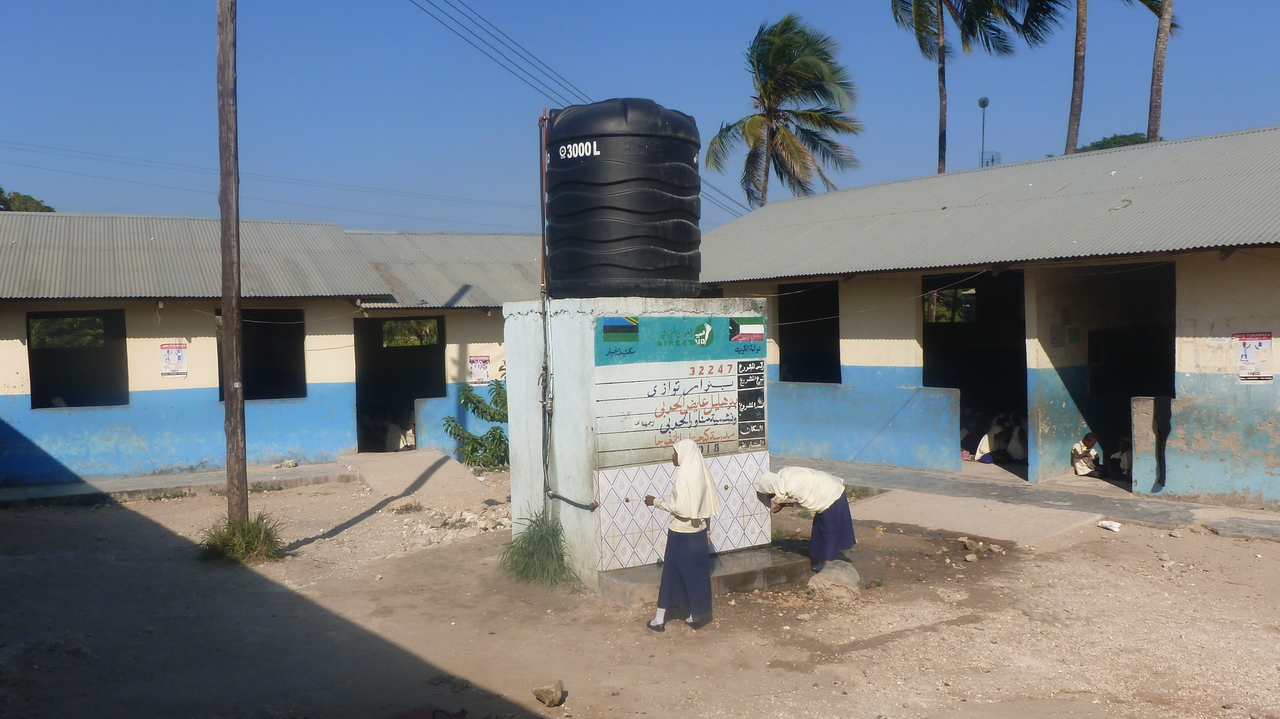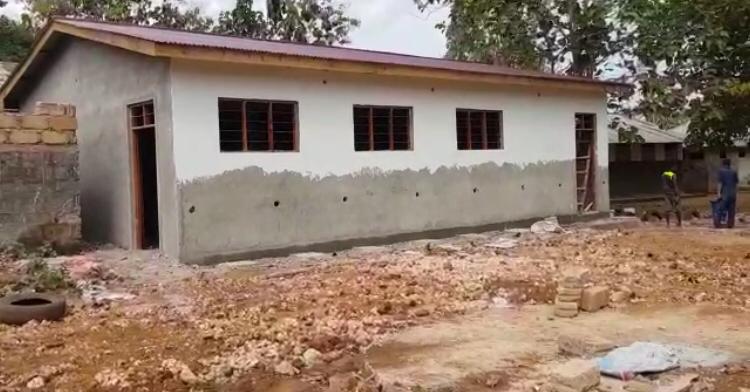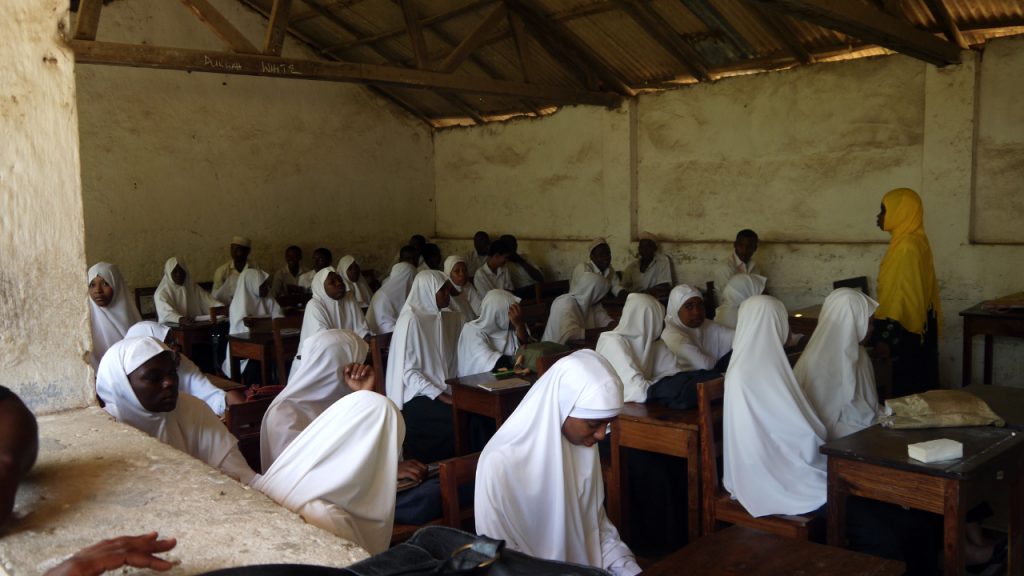 It’s now been two months since work started on our Water, Sanitation & Hygiene (WASH) and Menstrual Health Management (MHM) Programme in Zanzibar, and it’s been so exciting to see the tangible progress being made.
It’s now been two months since work started on our Water, Sanitation & Hygiene (WASH) and Menstrual Health Management (MHM) Programme in Zanzibar, and it’s been so exciting to see the tangible progress being made.
With this in mind, we thought we’d bring you the latest updates on the programme, and run through the next phases of this vitally important project. And, if you need a reminder of what exactly the programme is all about, you can find out here.
What’s been done so far?
So far, construction work has taken place at Fuoni School, one of the three government-run schools that we support in Zanzibar.
After breaking ground and laying the foundations, our brilliant team of fundis have constructed a new brick-built building which will house the urinals, gendered toilets, and a girls’ changing room to aid with menstrual health management.
A new sewerage system has also been dug out and laid with bricks for use with the new facilities.
The new facilities are now nearly complete, with just plastering, tiling and the installation of the sinks and toilets to be finished.

What’s next?
Once the construction work has been completed at Fuoni School, new facilities will be built at the other two schools we support in Zanzibar – Kijito Upele and Kinuni. By the end of the construction phase, 31 gendered latrine toilets and 12 handwashing stations will have been built across the three schools, and piped water will also have been installed.
Our fantastic In-Country team in Zanzibar have been regularly sending us updates on the construction work, so keep an eye on our social media for the latest news!
And after that?
Once all the construction work has been finished, we will move to the second phase of our WASH & MHM Programme, which will see educational workshops delivered to boys and girls aged 10-17.
We plan to work with the teachers at our partner schools to increase their sensitivity to menstrual health management, and equip them to deliver educational workshops to their pupils. The students at our partner schools will also have the option to attend monthly after-school clubs to deepen their understanding, which will be organised by our partner schools’ Health Committees.
Finally, five local women at each of our partner schools will be trained to make reusable sanitary pads for the students to use, and we’ll provide two sewing machines, start-up materials, and a sanitary pad template to help them get started.

What’s the long-term goal?
Our WASH & MHM Programme will run for three years, during which time more than 16,000 children will be able to increase their knowledge of good hygiene practices and menstrual health.
With this new understanding, it is hoped that school attendance levels will increase, as illnesses related to poor hygiene, and absences from school due to a lack of confidence in managing menstruation, will decrease.
Ultimately, with the support of parents and our partner schools, this new understanding will filter down to younger siblings, leading to improved hygiene at home and more positive attitudes to menstruation in the wider community.
We’ll bring you more news from our WASH & MHM Programme as it progresses, but in the meantime, you can find out more about the programme here.
